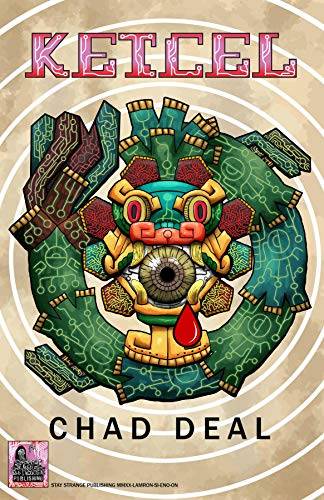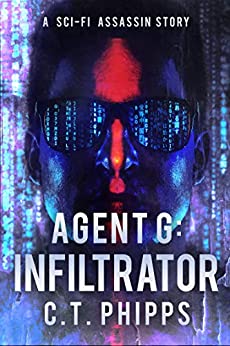Not all of us remember what it was like before, but I remember what it was like to be wild.
We slipped through the underbrush, searching for berries and stalking plump grouse. We paused, still has death, waiting for the telltale rustle of our prey. The smells of the forest and the whisper of the wind brought in as much information as our eyes and ears– there is so much humans have forgotten how to feel and smell and hear.
We danced in the moonlight and slept on sunlit rocks. We followed gurgling brooks to their sources and explored wild places that no human had ever seen. We lived every day in the moment, and every moment was joyous and fascinating. I used to dream about those places when I was little.
Now the memory grows more faint; but I still remember. We were the shadows in the thickets, the reason they whisper about predators that haunt dark places. We were the eyes that watched you, the paws that stalked you. If I step away into the forest, I can still feel it: the senses sharpen, the attention focuses, and I am just a filter for the moment. A bundle of fine-tuned senses, bone, muscle, and sinew, driven by instinct.
All the same, when we heard engines, we ran. It was an awful sound: an assault on the ears, an assault on the sacred sound-scape of the forest. I still have nightmares about being hunted, about running from bright searchlights in the misty darkness.
As a child, it took me years to overcome the urge to RUN when a motor started. The sound of an approaching engine filled me with nameless dread. My parents thought I was just afraid of loud noises. Perhaps it was not strange that a child that commented on the footsteps of mice in the attic might have sensitive hearing.
I was called strange a lot as a child. Perhaps it is strange to remember what it was like be wild, to remember what I was before I became human. Although I’ve never met another who remembered (or at least one who would admit to it,) I know I’m not alone. There are so many of you, and so few of us; is it so strange that we are recycled into human bodies when we die?
They say the soul carries an imprint of its past lives. Is it so strange that we remember? That we carry the memory of our past into your present? You who slaughtered us as “lesser creatures,” you’re not so rational or perfect. A fox or wolf or lynx is perfect. It does not kill out of spite, or seek to eradicate an entire species. It just is. It just seeks to survive another day.
You humans, on the other hand… you’re every bit the monsters we thought you were.
What It Was Like To Be Wild © 2020 Leland Lydecker


